The Birkbeck Institute for the Study of Antisemitism holds seminars, workshops and conferences for scholars, and lectures, discussions and film screenings that are open to everyone.
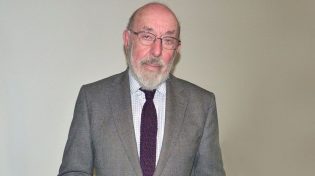
But what did ‘rescue’ consist of? What forms did it take? To what extent was the rescue of Jews discussed or ignored in Allied nations and in their Jewish communities? These questions will be addressed by John Dobai, rescued as a child in Budapest, and by scholars Bob Moore and Tony Kushner.

Professor Alexander, one of the world’s leading social theorists, seeks to analyse the on-going conflict among the dominant majority groups in Europe over how immigrant groups, particularly Muslims, should be incorporated into the civil sphere.
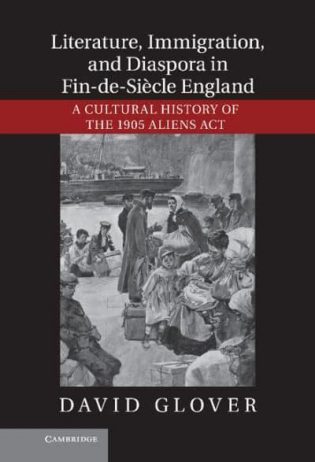
David Glover is joined in this round-table discussion by Bill Schwarz and Sonya Rose to explore the figure of the ‘alien’ in late Victorian and Edwardian culture, the growing debate on race and national identities at the fin de siècle and to discuss the complex inter-relationships between literature and history.

This conference, organized in the centenary of Charlotte Delbo’s birth, aims to highlight the contribution that Delbo and other survivors, including Primo Levi, Jorge Semprun and Jean Amery made to Holocaust testimonial writing.

Claude Lanzmann, a Jewish French resister under Vichy, began to record the testimonies of people closely connected with the Holocaust in the 1970s – a journey which would last fifteen years and culminate in the nine-hour documentary-style film, SHOAH.
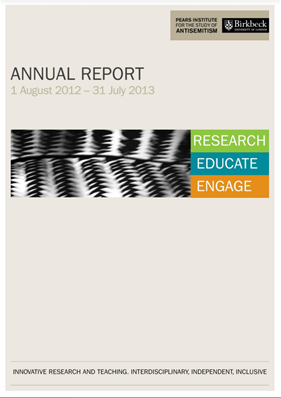
The Symposium will reflect on the government’s integration strategy and to do so in the light of both contemporary developments and recent scholarship. It will bring the most current evidence-based research to bear on urgent issues of policy for an invited audience of academic experts, policy makers and parliamentarians.
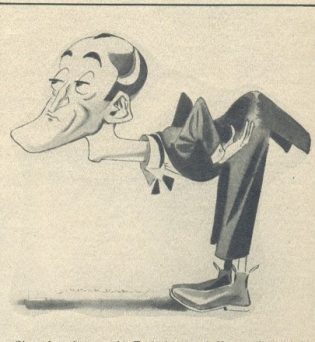
This workshop will examine why European dictatorships found it so difficult to dispense with humour, even though this risked subverting claims to total political commitment made by the regimes of Stalin, Hitler and Mussolini.

Professor Bale, will consider Margery Kempe’s representation of Jews and Judaism alongside her descriptions of the Holy Land. Bale’s lecture will explore the religious and cultural background of Kempe’s writing, and will locate Kempe in terms of other late medieval writers and pilgrims.
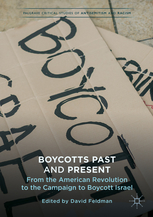
This three-day international conference will examine boycotts in the longue durée, seeking to gain deeper understanding of the development of these movements and their efforts to weaken, ostracize and delegitimize specific institutions, polities and states.
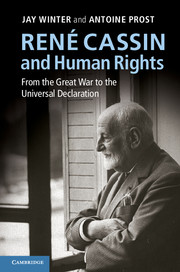
Professor Winter explores the central role played by Holocaust remembrance in the framing and passage of one of the foundational human rights documents of the twentieth century: the Universal Declaration of Human Rights.

This two-day international conference explores the diverse ways in which the cultural authority of Athens, Rome and Jerusalem has mediated the experience and identities of those places in the nineteenth and early twentieth centuries.

Through the workshop we explore the representation of ‘hyphenated’ British and Jewish identities; the recent history and current state of British-Jewish literary and visual culture; and the relation of that culture to the mainstream in Britain.

French film maker Kamal Hachkar explores the 2000-year-old Judeo-Berber culture of Tinghir, a village high in the Atlas Mountains of Morocco, and follows the trail of the village’s once substantial Jewish population to its émigrés and descendants in Israel.
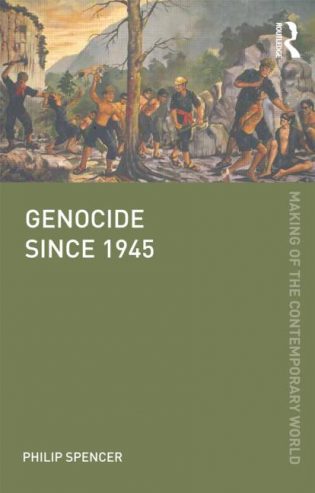
Professor Spencer explores some of the reasons that have been put forward to account for these troubling failures, and reflects on what light our current understandings of the Holocaust can throw on the acute problem of genocide today.

Baroness Helena Kennedy, barrister, writer and broadcaster, questions law’s role in a time of conflict, increasing inequality and global terror.
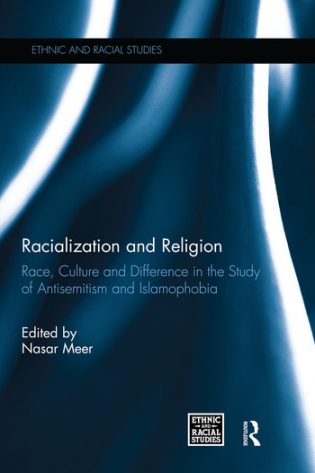
This collaborative event marks the publication of a new and ground-breaking collection of essays, Racialization and Religion, edited by Nasar Meer, which brings together the contemporary study of Antisemitism and Islamophobia.
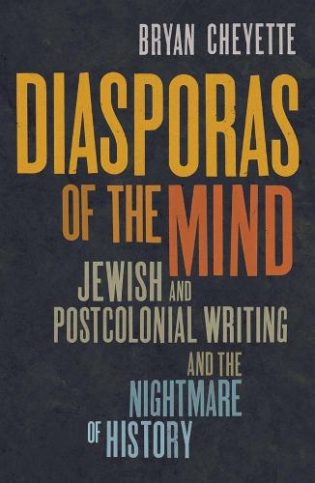
Professor Bryan Cheyette and other scholars will discuss the ways in which histories and cultures can be imagined across national and communal boundaries and consider Bryan’s argument for a new comparative approach which encompasses both Jewish and postcolonial writers.
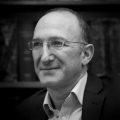
The relationship between antisemitism and other forms of racism and exclusion is not only a historical question. It is an urgent issue for today.
Professor David Feldman, Director